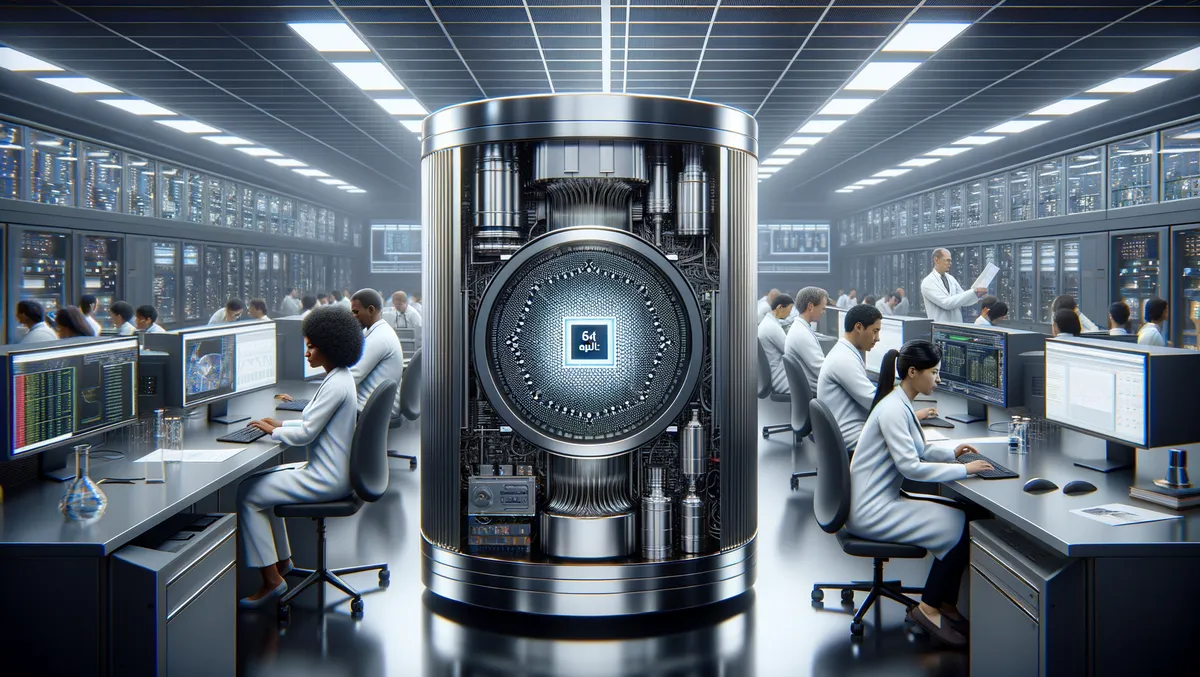
Japan unveils third superconducting quantum computer
The collaborative efforts of eminent scientific institutions and high-tech companies have culminated in the successful development of Japan's third superconducting quantum computer. This project was born out of an alliance devised by the Center for Quantum Information and Quantum Biology at Osaka University, RIKEN, and the Advanced Semiconductor Research Center at the National Institute of Advanced Industrial Science and Technology (AIST), among other remarkable partners. Installation of the new quantum computing machine at Osaka University marks the substantial progress that the team has made. Offering user access by December 2023, the partners are creating a platform for researchers to elaborate on quantum algorithms, refine software function, and delve into potential uses from remote locations.
Supplied by RIKEN, the 64 qubit chip forms the computer's core. It replicates the blueprint of the chip found in RIKEN's maiden superconducting quantum computer, which had its debut in March 2023 and already provides its computing services via the cloud. A remarkable aspect of this new development is the decision to use predominantly domestically sourced parts for this venture, excluding only the computer's refrigeration system. The research team has expressed satisfaction with the performance of the quantum computer and these components will serve as a reference for future domestic production.
The ambition driving this project goes beyond the unit's construction. The team is set to enhance and refine the computer's software and other systems for better cloud-based handling of heavy workloads as they continue its operation. Optimistically, the team expects this new tool will spur onward advancement in machine learning and the development of practical quantum algorithms. They believe it offers the potential to explore use cases in material development, drug discovery, and options for solving optimisation issues that can help alleviate environmental matters.
Among the leading figures in this project are a number of highly respected researchers such as Dr. Masahiro Kitagawa, the Director of the Center for Quantum Information and Quantum Biology at Osaka University, Dr. Yasunobu Nakamura, the Director of the RIKEN Center for Quantum Computing (RQC), and Dr. Katsuya Kikuchi, the Group Leader of the 3D Integration System Group of the Device Technology Research Institute at AIST. Other integral contributors include Dr. Yoshitaka Haribara from Amazon Web Services, Dr. Shintaro Sato of Fujitsu Limited, and Keita Kanno, the CTO of QunaSys Inc., to cite but a few. Their pooled expertise and commitment have made this quantum leap forward possible.
This co-operative venture embodies a localised method of cutting-edge development, heavily reliant upon domestically sourced components for quantum technology. The collaboration has already produced promising results and opens up access for distributed quantum computing in Japan.


